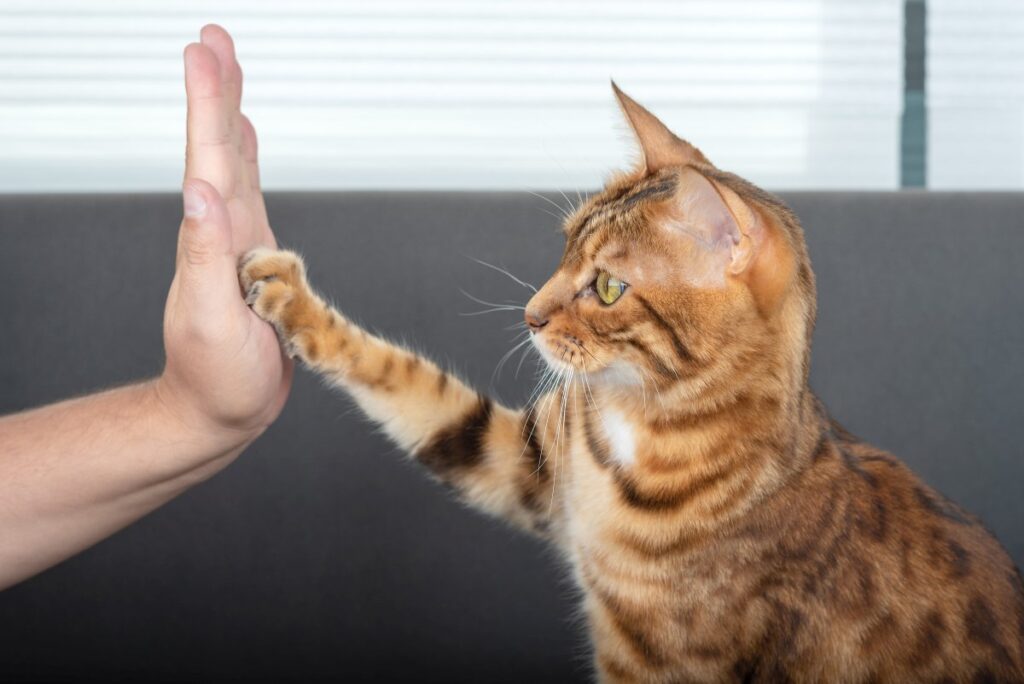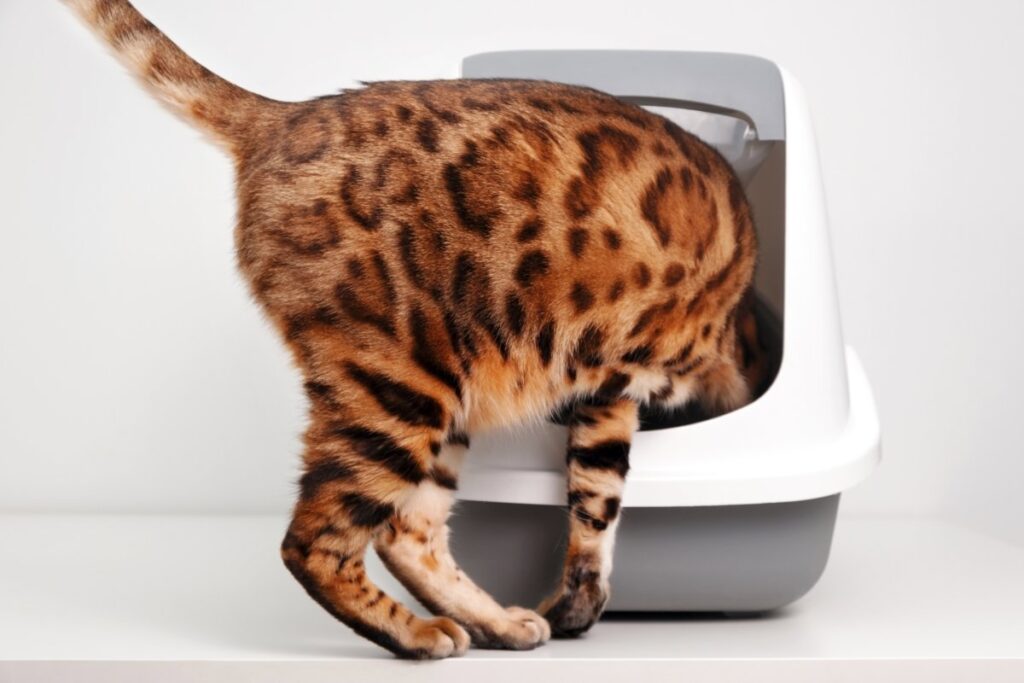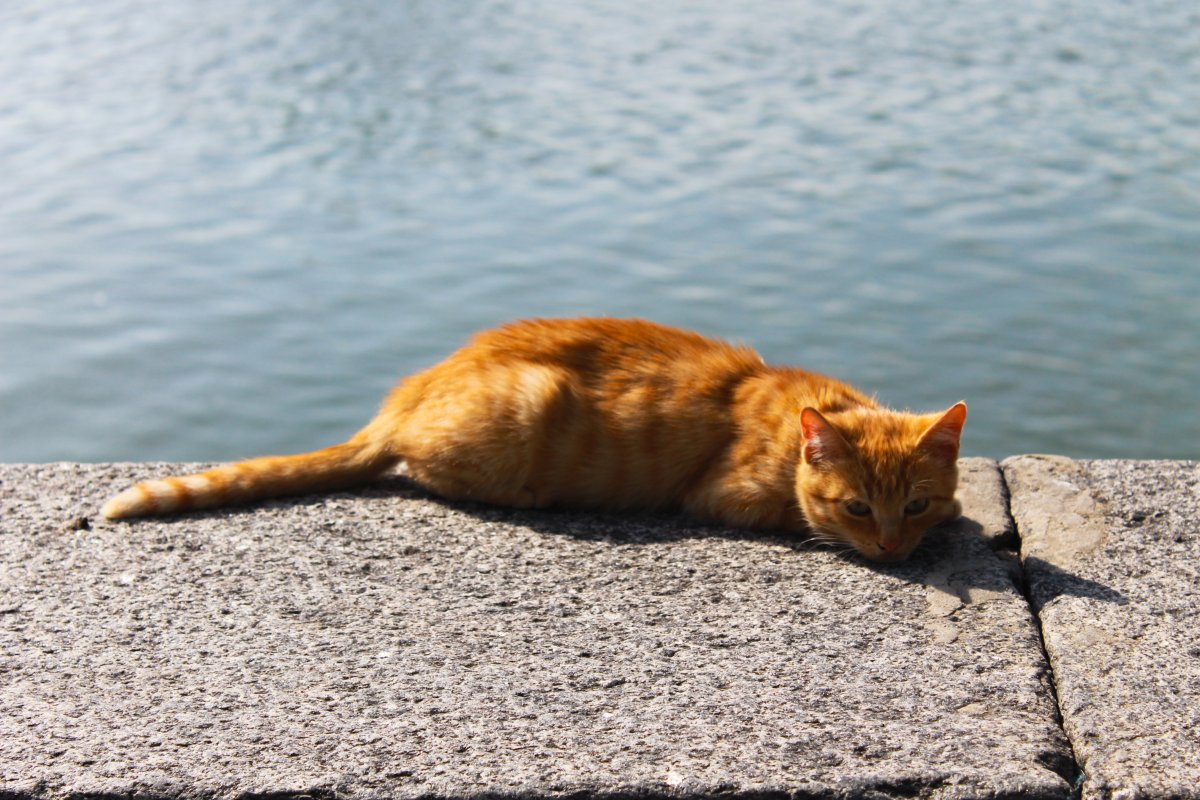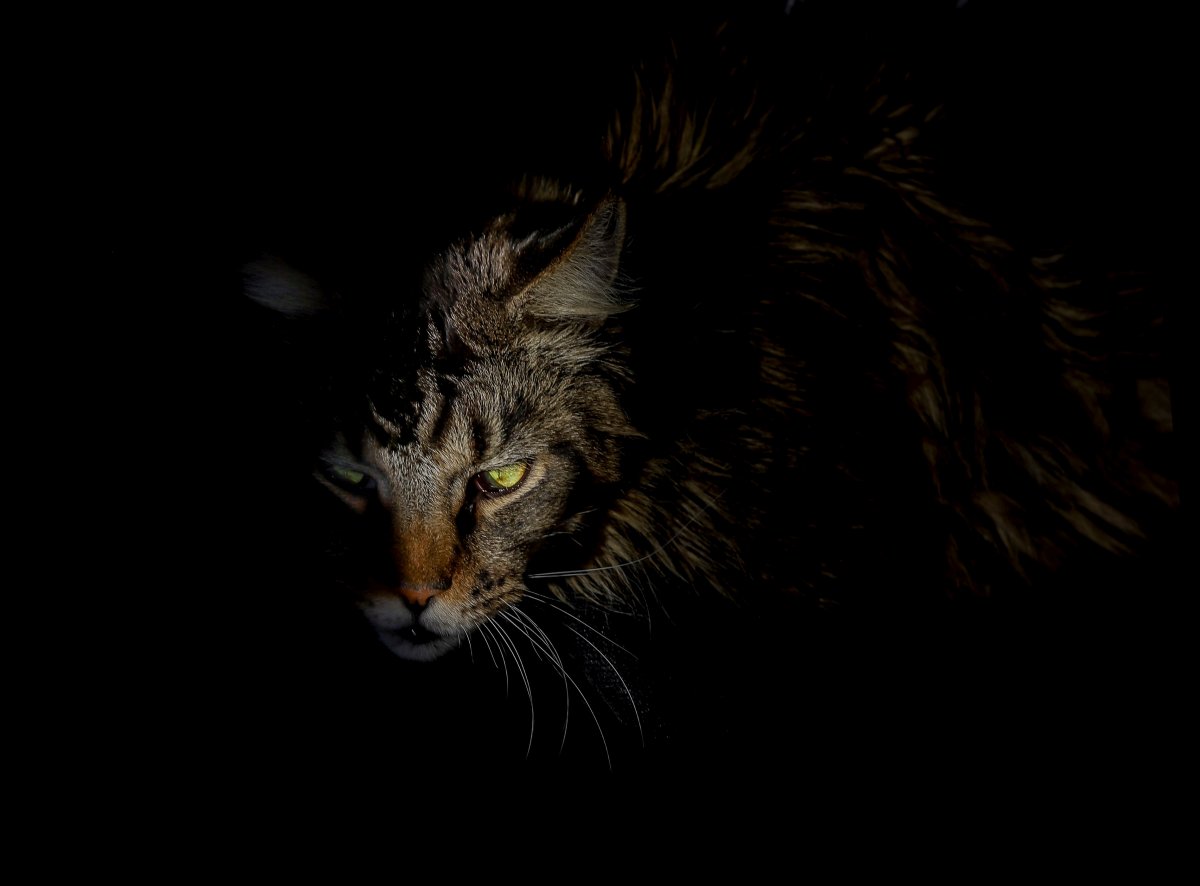Are cats smart just as much they’re adorable? While observing them play, eat, or sniff, do you wonder what’s going inside their heads? Some of their activities really make us believe that they’re pretty intelligent mammals. So, is it really true that cats are smart? And if they are, how smart are cats? How would one rate their intelligence on a scale of 1 to 10 – where 1 is the least, and 10 is the highest. And most importantly, what does science have to say about this?
In this blog, we analyze how intelligent cats really are and what goes on in their minds that makes them do what they do.
An Insight into a Cat’s Mind by Kristyn Vitale – A Cat Researcher
According to many scientists, it’s not just your imagination. Cats might be smarter than you realize and also quite stubborn than you expect.
As per the research analysis put forth by Kristyn Vitale, a cat researcher, Ph.D., from Oregon State University’s Human-Animal Interaction Lab, you can tell your kitten is pretty smart if she responds in a way that makes us understand what it wants.

For instance, does your cat respond when its name is called out? Can it differentiate between a stranger’s voice and your voice? Does she respond differently when she’s touched by a stranger? Does she always go to the same place to eat where she’s usually served food? Can your cat quickly locate where her favorite toy is? If your answer to these questions is yes, then you’re right – your cat is actually smart.
A cat’s brain is comparatively smaller than a dog’s, but according to Dr. Lorie Huston, the size of the brain isn’t really the best factor to determine intelligence. In addition to this, she suggests that a cat’s brain shares striking similarities with that of a human’s. Elaborating further in this regard, she explains how every part of a feline’s brain is specialized, compartmentalized, and connected to the others, which allows them to grasp the ongoing situation, and helps them to respond accordingly, and also manipulate their surroundings.
How Science Sheds Light on Cat Intelligence?
Unfortunately, science has very little to say on this topic. Cat Intelligence isn’t a very well-researched topic as dog intelligence is; the highly uncooperative nature of cats being the primary reason for the lack of data and research in this area, says David Grimm as he presents his thoughts on the subject in Slate.
Some of the leading animal researchers have the same thing to say about their research attempts on cat intelligence. They point how their lack of participation is the sole reason for hindrances in their study.
Different Cat Abilities that Makes Us Drool Over their Smartness

1. Social Abilities
Dogs are evidently quite sociable animals. But are cats social?
Dogs are comparatively interested in interacting with you. They greet their owners, show their affection by licking them, and enjoy the love we shower over them. However, such nature should not be confused with intelligence.
According to Dr. Jebb Werber, a famous celebrity veterinarian says that a cat’s social ability is sometimes less expressive than that of a dog’s. But it doesn’t have to mean that they are any less intelligent than them. Werber adds, “We own dogs.” “Cats own us.”
2. Trainability
With suitable reinforcements, the right cat can be trained efficiently to perform different tricks. Werber presents data showing how dogs perform their best when trained with pats on the head and when rewarded with food treats. Cats, on the other, seem to get motivated only by cat treats. In their case, a pat on the back or any touch of affection might be below satisfactory. Here again, it’s important to note that this isn’t really a sign of intelligence. In fact, it might mean the contrary.

3. Survival Skills
There are many ways one can describe smartness. If survival skills are a parameter, then hands down, cats would emerge victoriously.
An easy experiment on a dog and a cat’s survival skills would prove how cats’ survival skills are exceptional. If you take a dog and a cat outside to look after their own selves for ten days, you’ll find that a cat would come back happier and even bulkier than before.
4. Showing their Disapproval, Disappointment, and Unhappiness
Cats are way more expressive than other animals in showing that something is bothering them. Whether it’s their new cat food or the less cozy bed, they have a way of expressing themselves that makes their owners understand their discomfort. From caterwauling to hissing, they have a number of ways to send their message across.
On the other hand, dogs seem to be unbothered by minor inconveniences, or maybe it’s just that they get less upset over things. Or it might be because they are unable to exactly express what displeases them.
5. Good Memory
Cats undoubtedly have a good memory. You can further improve their memory by giving them exposure to new environments. Challenge their memory and keep them on their toes. Take your cat for a walk in a park. You will notice how she gets stimulated with unfamiliar and new things around her.
A cat’s predatory skills are also noteworthy. If your cat somehow gets to learn where and when she can expect a bird insight, you’ll most likely find her there, waiting to make a hunt.
Final Word
Playing games with your cat regularly can keep her brain sharp. You can expect her to be more attentive toward you if you give her a part of your time regularly. Strengthening the bond with your cat is never too difficult of a task. It just requires your time and efforts with consistency.
So, how intelligent or smart is your cat? Their independent nature, comprehension skills, and functioning brain indicate that they have an impressive long- and short-term memory.







